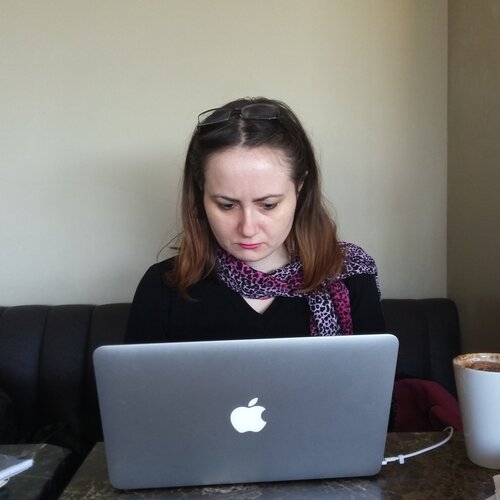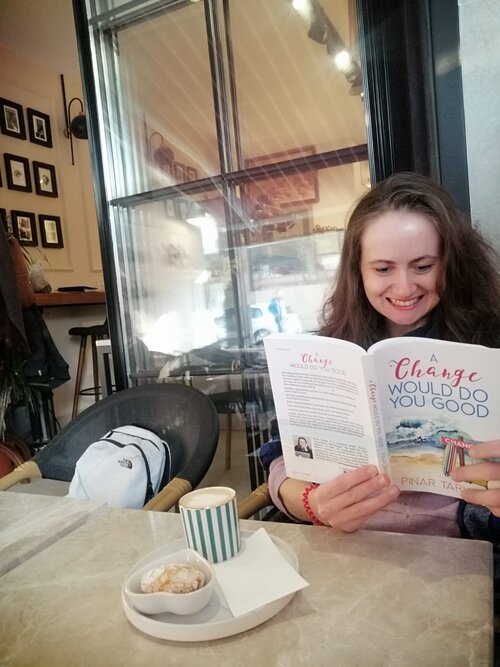As an author, I’m always interested in which tools fellow authors use to craft their manuscripts.
Writing a novel typically takes a long time. And even if some writers are faster than others, there’s so much effort put in that it makes sense to choose tools that make life easier.
So here are mine.
Writing
– Laptop.
My laptop is a Lenovo IdeaPad S540. I had a couple of issues at first, Like a battery dying more quickly than it should or a fan that shouldn’t have gone awry when it was practically new. But after they were fixed, I am super used to my 14” baby. It’s also light.
I carry it everywhere, and it’s also my television, so I do use my laptop more than most.
The one before this was a Macbook Air. While things were fantastic at first, it became a hassle once I started having issues.
Getting it repaired after the warranty expires takes a long time, the people at the store can’t agree on what’s wrong, and it is expensive.
Unless I can own two laptops at the same time, I probably won’t buy an Apple computer. But price and repair issues aside, the device was super-fast and light. And I miss some of the free apps that were only available in the Apple store.
Side note: I’ve been typing on a computer since I was 10 (which was in the mid-90s), and I’ve never even touched a typewriter. I can’t comment on it.

– A fun notebook and a mechanical pencil
I’m guessing you’ve guessed my age from the previous point.
While I don’t write the entire story in a notebook (I used to, before I only had a PC and not a laptop), I outline the entire thing before I start typing. I also note down good dialogue and interesting ideas as they come to me.
I always have a physical notebook with me, whether I’m carrying my laptop or not that day.
I sometimes take notes on my phone if I have to, but because the screen and keypad are so small, I won’t type large chunks of stuff if I can help it.
– Microsoft Word.
I’m too used to it at this point. I just type everything here.
– Trello.
I use it for visual outlining. It works wonders. I have a free account.
– Spotify/Jango/YouTube
A writer needs her music. I have free accounts.
– Dictionary.com/ Thesaurus
Nothing makes you question your language abilities and knowledge more than writing a novel.
Is that really how that thing is spelled?
Does this word mean what you think it means?
And then there’s the need to find the right word. The best word. An online dictionary and thesaurus definitely come in handy.
– Email/Google Drive/Dropbox/ Flash Drive/ External Hard DISC
I save my work obsessively. I push the save button a million times, even though it is saved automatically.
I email my work to myself at various intervals and keep them stored online and offline.
After it is finished, I also print it out and save a physical copy as well.
– Social media, for keeping friends updated, and not losing my sanity in isolation.
Social media is important for marketing, but it is also a nice way of keeping social and sane when you are at a desk for hours on end.
Obviously, don’t let it distract you so much that you can’t focus. I stay away from anything negative, though.
Editing and Formatting
It’s a universally acknowledged fact that a writer’s work really starts after her drafts are done.
You have to do several different types of editing so that the story is not only grammatically correct without typos and the language flows, but also the story makes the most sense and provides the most emotion and entertainment.
If you can afford to hire a professional editor, by all means, please do so.
But if you can’t afford one and you have faith in your editing and proofing skills, here’s what will help you the most:
– Grammarly (free version)
I love Grammarly to check for accuracy and mistakes but beware. You also have to recheck everything Grammarly suggests.
It’s not human, and there are a few wrong and unnecessary suggestions along the way.
I used to own the premium version, and I have a review on the blog. But it is expensive, and I have managed fine with the free version.
– Reedsy
Reedsy formats the book for you for free, and it’s easy to use.
– Printer /Copy place
Seeing the book in print is different than seeing it on the screen and helps you catch the mistakes you otherwise wouldn’t have noticed.
That said, this can cost a bit, so if you don’t want to do it, you can try other tricks such as making the font bigger, making it in another color, turning it into a pdf, or making the computer read it out loud for you.
You can also read it out loud yourself. Some people also read it backward, but my brain doesn’t work that way.
If you can share your work with others in the form of beta readers/ARC readers, and they don’t mind sharing the mistakes they find with you, even better.
Another set of eyes is always preferable because after staring at something so many things, you start seeing what you think is there, and not necessarily what there is.
For more on editing, you can read this post: How to Edit Your Writing on a Budget (to Save Time and Money).

End note:
Please don’t forget to register your novel with the copyright office.
*
How about you? Which tools do you prefer when you are writing, editing, and formatting your novel?
